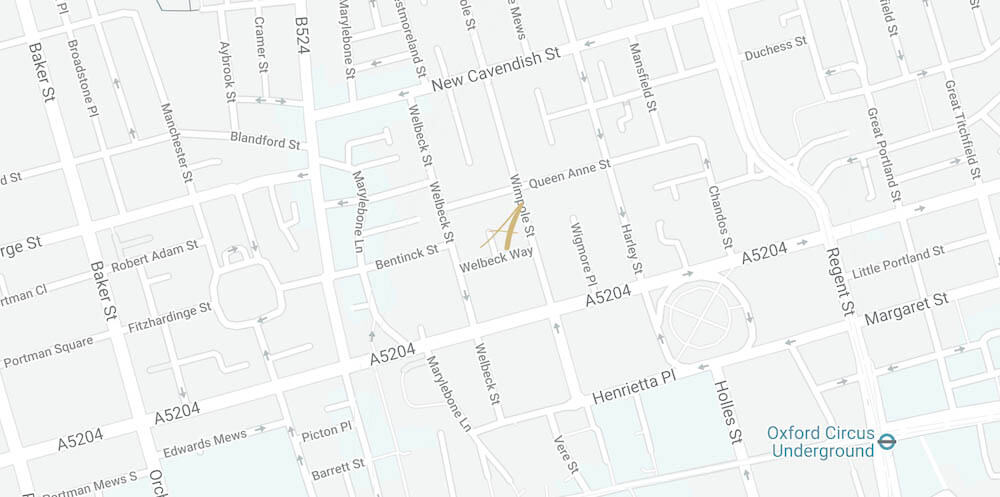However, sometimes an ovarian cyst can present in the form of an abnormal growth. Also, when left untreated, occasionally ovarian cysts can become twisted or rupture – which can be life-threatening. It is essential to know the symptoms of ovarian cysts that can indicate a serious problem.
Common symptoms of large ovarian cysts.
Typically, ovarian cysts cause no symptoms and go away on their own. A large ovarian cyst can cause:
- Pelvic pain
- Fullness, pressure or heaviness in your abdomen
- Bloating
- Weight gain
- Painful and heavy periods
- Abnormal bleeding or spotting between periods
If you experience sudden, severe unexplained abdominal pain, fever, dizziness or vomiting, seek immediate medical help.
Types of ovarian cysts.
Ovarian cysts mainly fall into the category ‘functional’. Functional ovarian cysts develop when, during menstruation, the follicle that grows and releases the egg when you ovulate does not release an egg and continues growing. This is called a ‘follicular simple cyst’, which is harmless and disappears after a couple of months.
However, other cysts are not linked to menstruation:
Dermoid cyst: forms from reproductive cells that make eggs in the ovary. The cyst can contain tissue, such as hair, skin or teeth. This type of cyst usually is benign and rarely cancerous.
Cystadenoma: develops from cells on the surface of an ovary. The cyst might be filled with a watery material and can grow very large.
Endometrioma: endometriomas result from endometriosis, in which uterine cells grow outside of the uterus.
Ovarian cysts risk factors.
There are several potential causes of ovarian cysts. Underlying causes may include:
- Hormonal imbalance – possibly caused by fertility treatment or underlying health conditions
- Pregnancy
- Endometriosis
- Pelvic infections
Are ovarian cysts linked to cancer?
Most ovarian cysts are harmless and created as a natural part of a woman’s monthly cycle and are not a cause for concern. Also, the presence of ovarian cysts does not increase the likelihood that a woman will develop ovarian cancer.
If you are concerned because cancerous cysts are part of your family’s medical history, then speak to your GP. They can refer you to a genetics service.
Diagnosing ovarian cysts.
It is vital to seek a confirmed diagnosis by an expert if you are experiencing any growing or large ovarian cyst symptoms. Consultant gynaecologist Miss Amanda Tozer at Aria Fertility is an expert in women’s health and has a comprehensive knowledge of menstrual disorders, including ovarian cysts. She will carry out a physical pelvic exam and will carry out a complete medical history check.
She may also perform a pelvic ultrasound scan to check for cysts on the ovaries and may organise an MRI scan if appropriate. A laparoscopy procedure can be used to check for endometriosis. If endometriosis is present, there are different options for removing any scar tissue, including laser treatment and surgical excision.
Treating ovarian cysts.
Once a diagnosis of an ovarian cyst has been made and the type of cyst established, the cyst can either be monitored by ultrasound or be removed by keyhole surgery.






